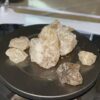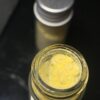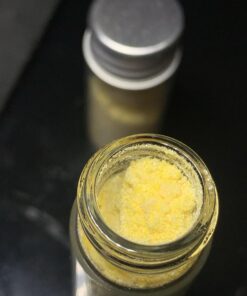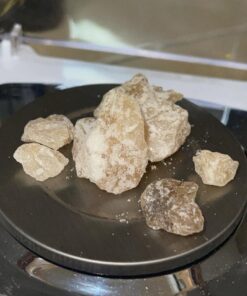Buy LSD Tabs(250ug)
$240.00 – $2,500.00
Buy LSD(Lysergic Acid Diethylamide) Tabs 250ug Online
Experience the profound effects of LSD (Lysergic Acid Diethylamide) with our high-quality 250µg tabs. Renowned for its ability to alter perception, enhance creativity, and promote introspection, LSD is a powerful psychedelic that has captivated users since its discovery.
Key Features:
- Potent Dosage: Each tab contains 250µg of LSD, an ideal dose for both newcomers and experienced users seeking a deep psychedelic experience.
- High Purity: Our LSD is sourced from reputable suppliers, ensuring purity and consistency in every tab.
- Easy to Consume: The tabs are small, discreet, and easy to transport, making them convenient for personal use or sharing with friends.
- Enhanced Experiences: Users often report vivid visual and auditory hallucinations, altered thought processes, and profound emotional experiences.
Usage: LSD is typically ingested orally, with effects beginning within 30 to 90 minutes and lasting up to 12 hours. It is recommended to start with a lower dose if you are new to psychedelics to gauge your sensitivity.
Safety and Considerations: While LSD is generally considered safe for healthy individuals, it’s essential to use it responsibly. Set and setting play crucial roles in the psychedelic experience, so ensure a comfortable and safe environment. Be mindful of potential psychological effects and legal status in your area.
Conclusion: Our LSD Tabs (250µg) provide a gateway to exploration of consciousness and creativity. Whether for personal growth, artistic inspiration, or spiritual exploration, LSD remains a significant tool in the realm of psychedelics.







Reviews
There are no reviews yet.